Special thanks to Andati Morris, founder of AgroBamboo, who contributed this article.
A small, landlocked country in central Africa, Rwanda has suffered from waves of political and social unrest. But conditions have improved dramatically since the turn of the century. The “land of a thousand hills”, Rwanda enjoys a mild subtropical climate with rich volcanic soil that is especially suitable for agriculture of all kinds and for bamboo in particular. The landscape is lush and a number of bamboo species flourish here, providing important sustenance for the Golden Monkeys and the Mountain Gorillas and a valuable resource for humans.
Mining, poverty and climate impacts in Rwanda
In Rwanda the key issue that is affecting the environment is mining. Due to it being one of the key economic activities in Rwanda, most communities close to these mines are the ones that are affected by increased environmental degradation. Furthermore, due to increased population pressure and the majority of inhabitants falling below the 38 percent poverty threshold, most of them are obliged to engage in small-scale and unregulated mining, resulting in detrimental environmental damage. Furthermore, due to a lack of crops that can be cultivated along mining regions because of the dangerous chemicals entering into water areas, most residents in the area wind up drinking contaminated water, resulting in health problems and increased poverty levels.
Bamboo in Rwanda
The Rwandan government, in partnership with several stakeholders, has engaged in planting bamboo in order to reach its 30% forest cover target. However, when it comes to communities in mining areas, very little has been done. And furthermore, looking at the commercial potential of bamboo to alleviate poverty among small-scale farmers, very little progress has been made in this area.
Why Bamboo in Rwanda
Bamboo produces good quality products compared to ordinary trees, and its regenerative properties make it a valuable resource for both commercial development and reforestation. It occurs widely in Rwanda, especially in the highlands (Bugeresa, Rulindo, Nyarugenge, and Kicukiro). Presently, bamboo is very under-utilized in the country.
Some advantages of bamboo as a raw material in the hospitality industry are its fast renewability, its biodegradability, its low water requirements, and its minimal need for fertilizers and pesticides. Bamboo’s complex root system make it very effective for mitigating soil erosion and flooding. And due to its capability of removing toxins from water, bamboo further helps in reducing water poisoning around mining areas in Rwanda and rivers near urban centers. The development of bamboo forestry and products like furniture and others in the hospitality industry will be a way forward for reducing poverty in Rwanda and also make Rwanda a climate and environment-friendly destination.
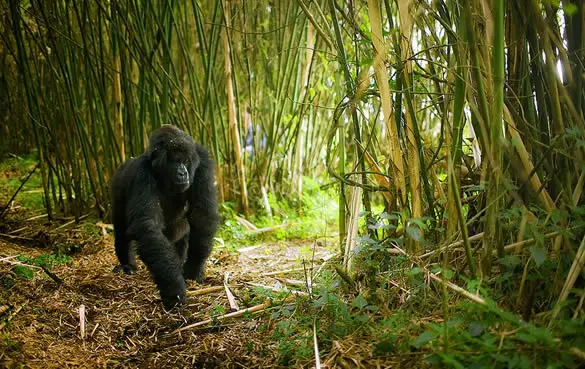
Bamboo Species in Rwanda
Yushania alpina, Bambusa vulgaris, Oxythenanthera abyssinica and Bambusa oreobambos are all native to Rwanda. Research needs to be done on other bamboo species which can adapt here, as well as on how to maximize the benefits that can be derived from them.
AbroBamboo Ltd in Rwanda
Rwanda is home to AgroBamboo Ltd., which is primarily concerned with the expansion of the bamboo value chain. We concentrate our efforts on three primary domains, namely the financial development of Rwandan communities, in particular agricultural communities and young people interested in agricultural development. AgroBamboo is committed to taking action on climate change in Rwanda through rehabilitating and restoring mining sites and water catchment regions, as well as providing assistance to the government in its efforts to move toward an economy that is more climate-conscious. Last but not least, we offer assistance to the agricultural sector by planting bamboo in community gardens with the goal of reducing soil erosion. Other contributions include soil regeneration through the use of bamboo waste and manure in the form of mulch, and the expansion of land suitable for agricultural production by rehabilitating areas formerly used for mining.
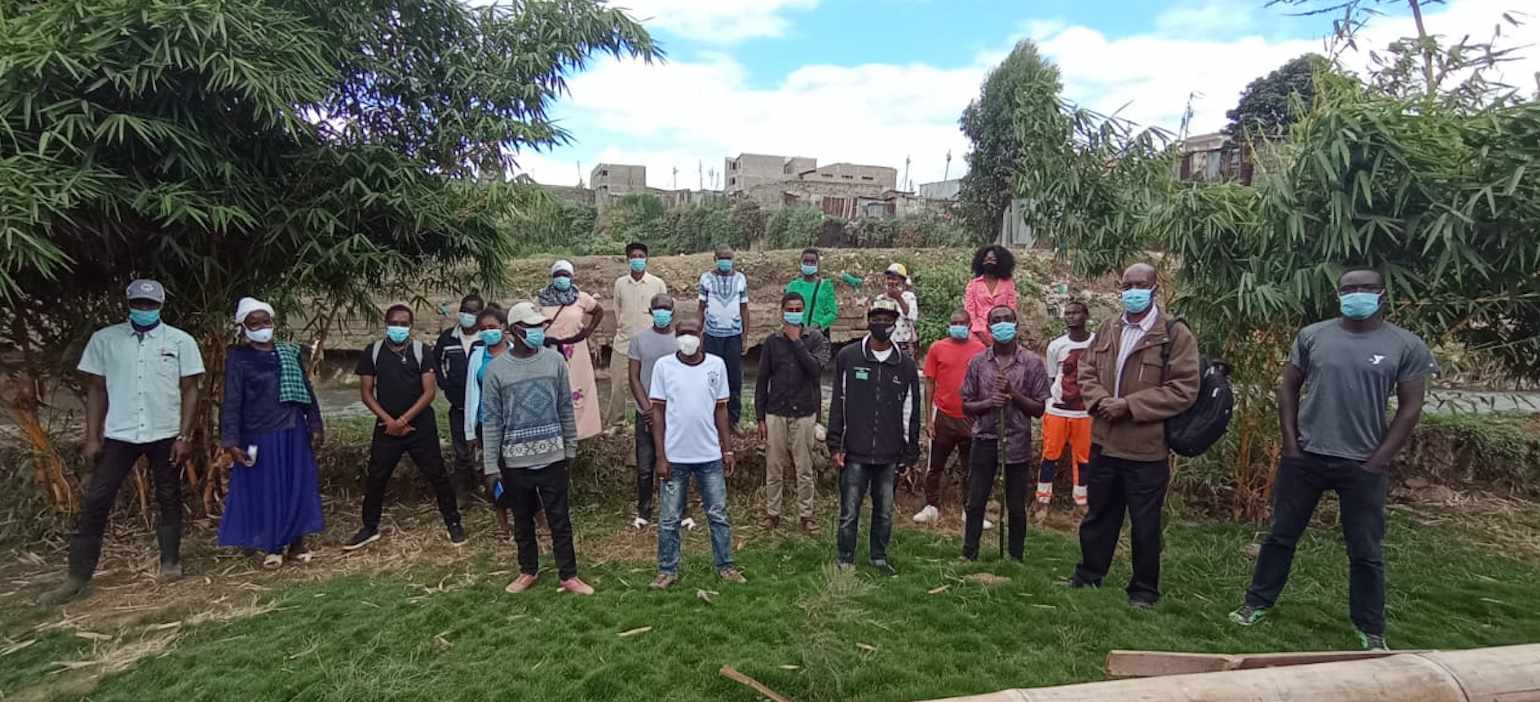
Bamboo and Farming
AgroBamboo educates farmers on the use of bamboo in many industries. Our primary aim is to grow at least 5,000 hectares of bamboo in Rwanda by 2030 for both commercial and restoration objectives. We focus on nursery expansion with the goal of increasing the current bamboo species and introducing new species that can aid in the sector’s development. We also concentrate on propagation techniques, including training of all types, with rhizomes, stem cuttings, and seeds. Our priority is to ensure that we have sufficient bamboo to assist farmers in preventing soil erosion, and during sustainable management, we gather the leaves for animal feed, mulching, and compost manure production. Regarding the rehabilitation of mining regions, our primary objective is to enhance agricultural land by removing hard metals from land and rivers used for human consumption.
AgroBamboo’s highest objective is to boost food production utilizing bamboo, while simultaneously expanding farmers’ revenue streams through bamboo cultivation.
Bamboo and economic development
In light of the fact that Rwanda’s population is growing at a faster rate than its economy, our primary objective is to investigate various financial systems that might be of assistance to local farmers on a community scale. This may be accomplished by providing the younger generation with instruction in the production of crafts, furniture, and jewelry made from bamboo. As a result of these collaborations, bamboo goods are expected to account for thirty percent of Rwanda’s wood products by the year 2030, making bamboo an attractive commodity for the country’s economic growth. Another area of concentration is on the generation of energy, particularly at the residential level. Briquettes and bamboo charcoal provide community members an inexpensive way to store and transport energy raw materials over the long term, as well as the added benefit of being able to sell any excess supply.
End Goal
Our ultimate objective is to make Rwanda and East Africa a climate-resilient area with the assistance of bamboo value chain growth. In addition, we want to make sure that bamboo is used for climate-friendly tourism in Rwanda, as bamboo is one of the primary sources of income in that country.
To learn more about bamboo cultivation on the Green Continent, take a look at some of these related articles.

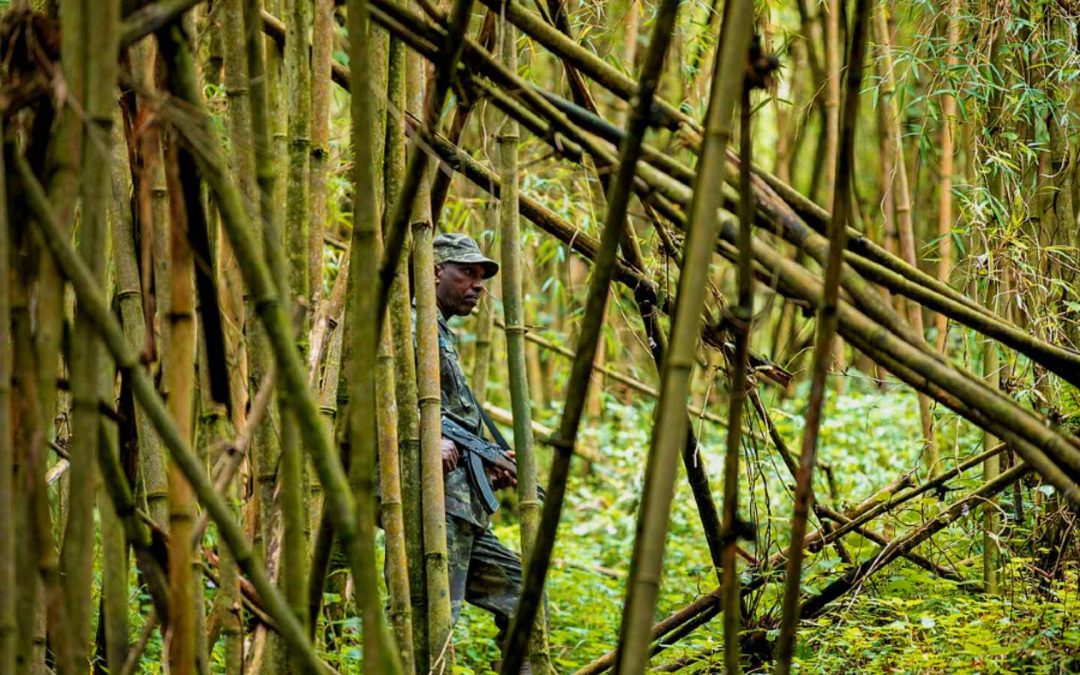
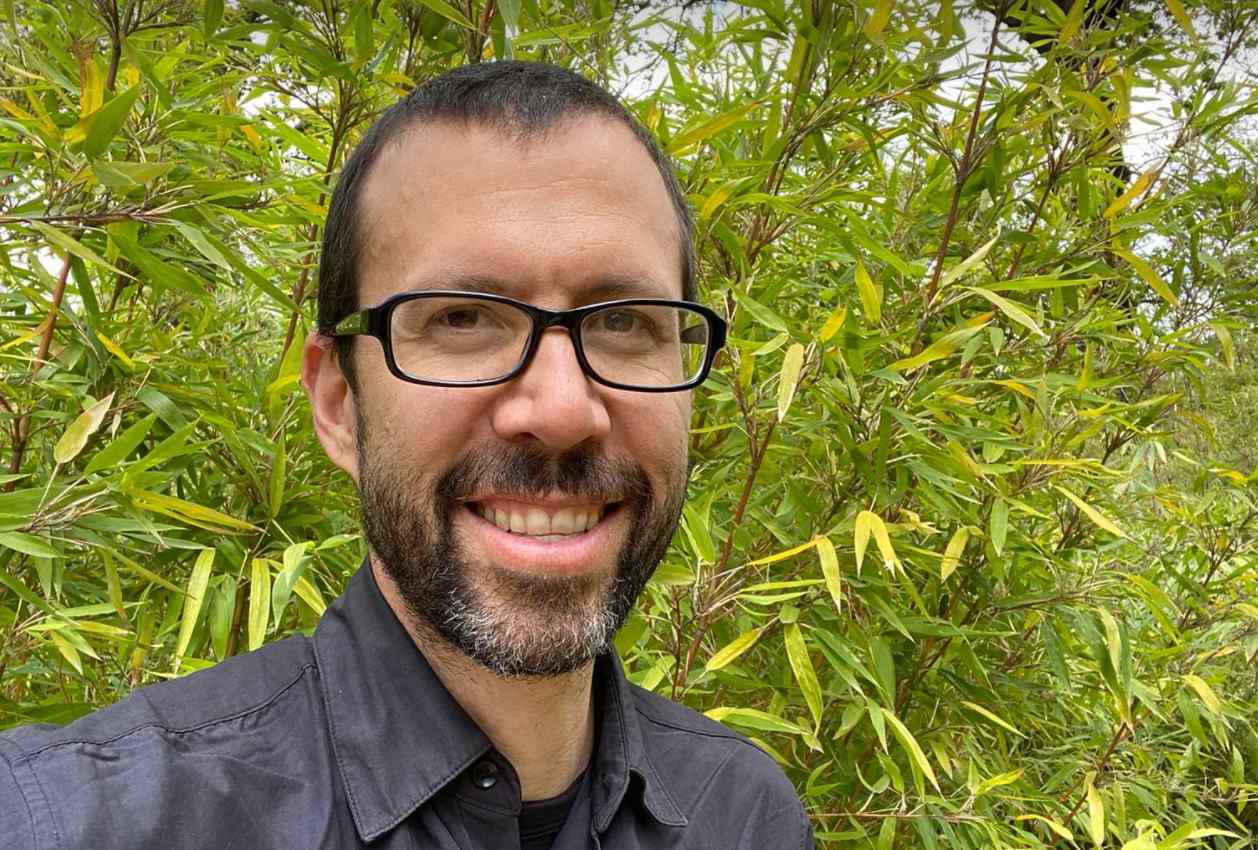


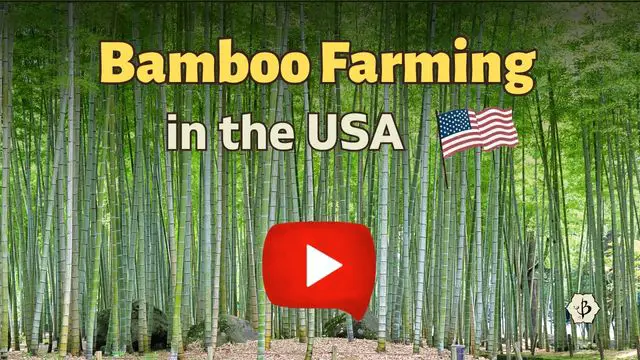




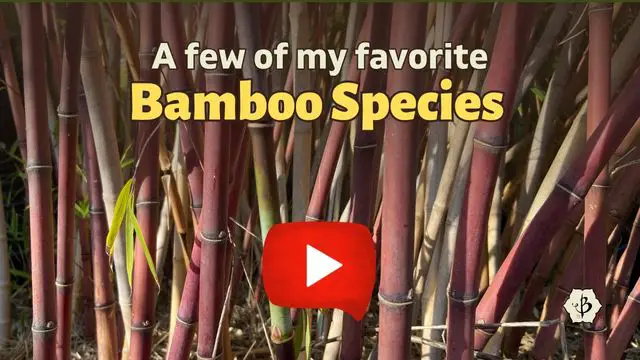
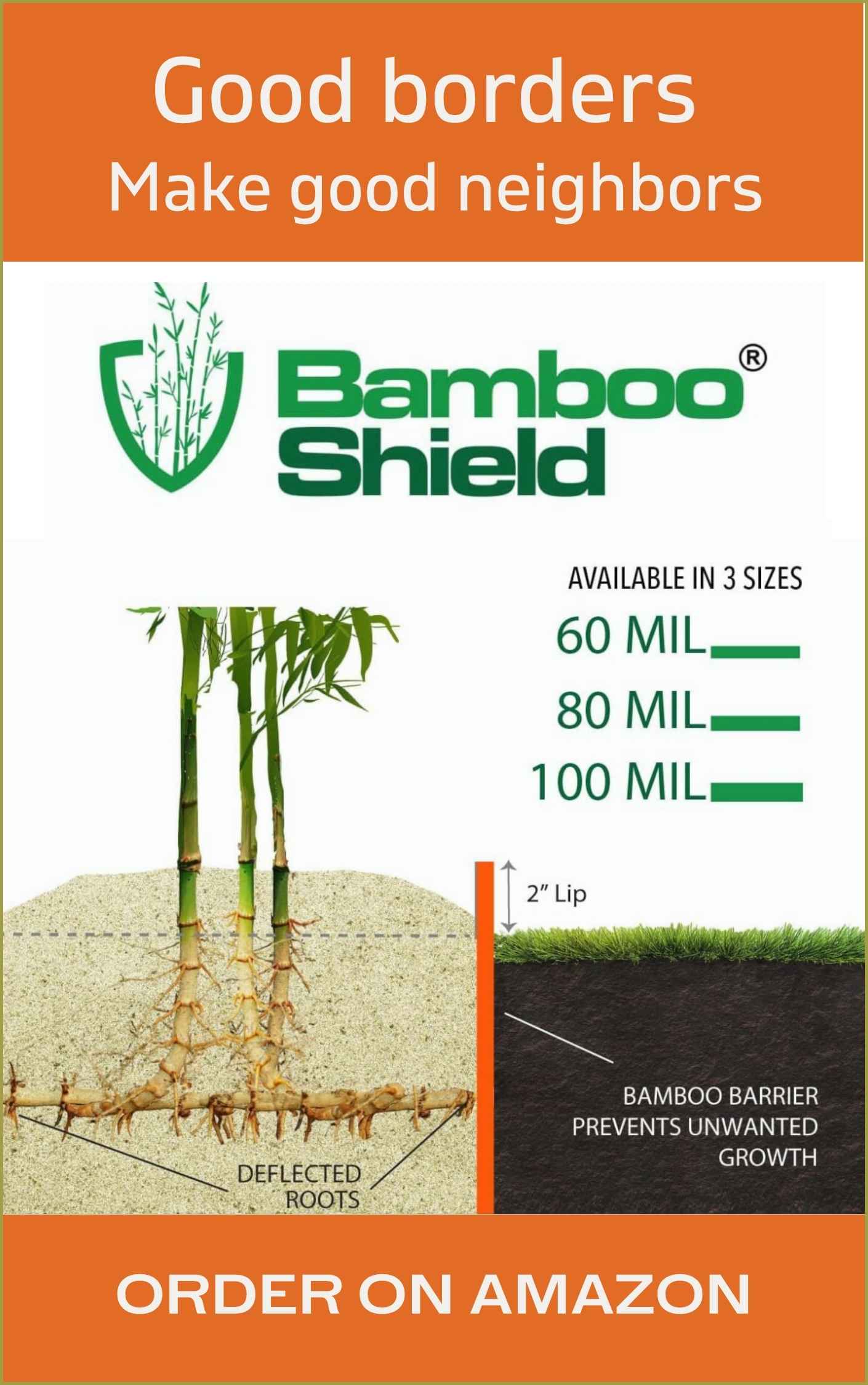

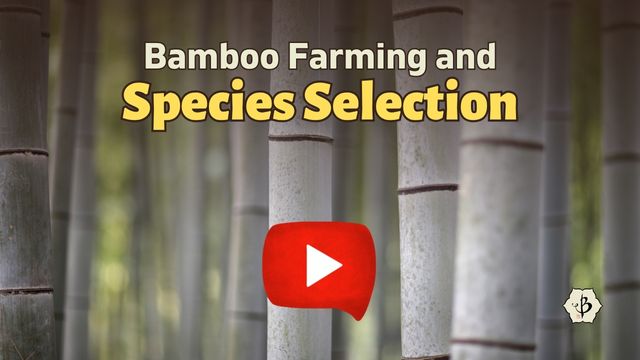

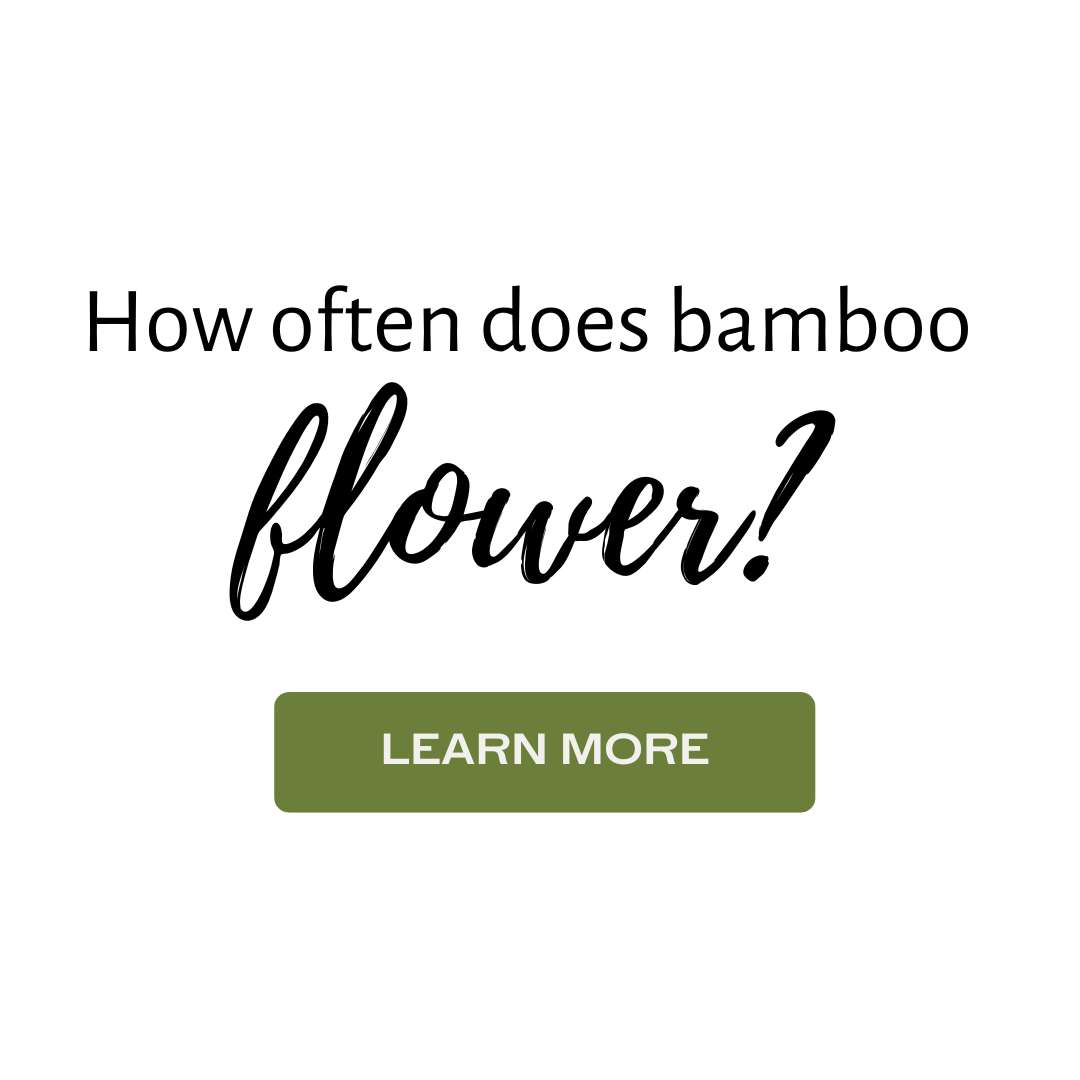
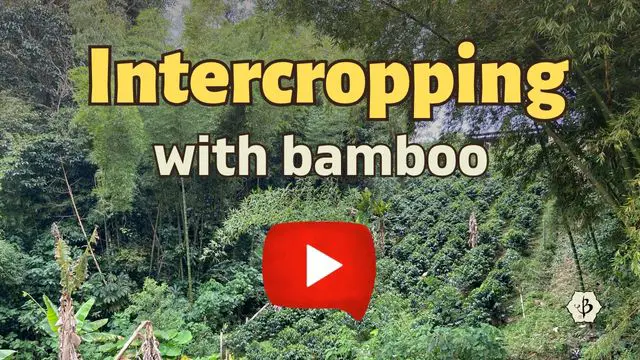

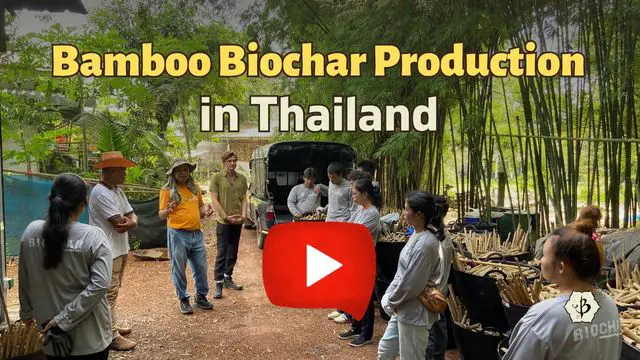
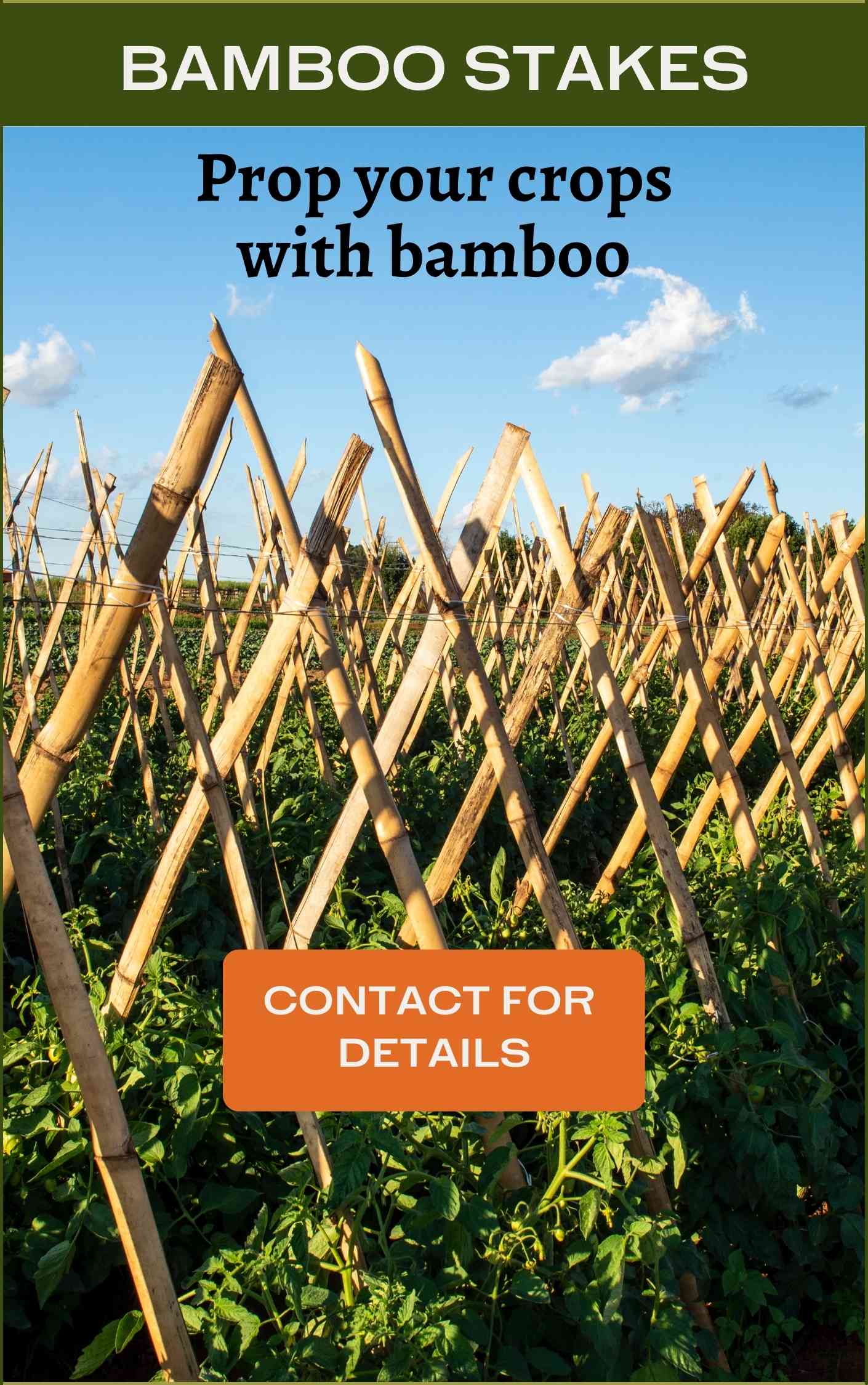
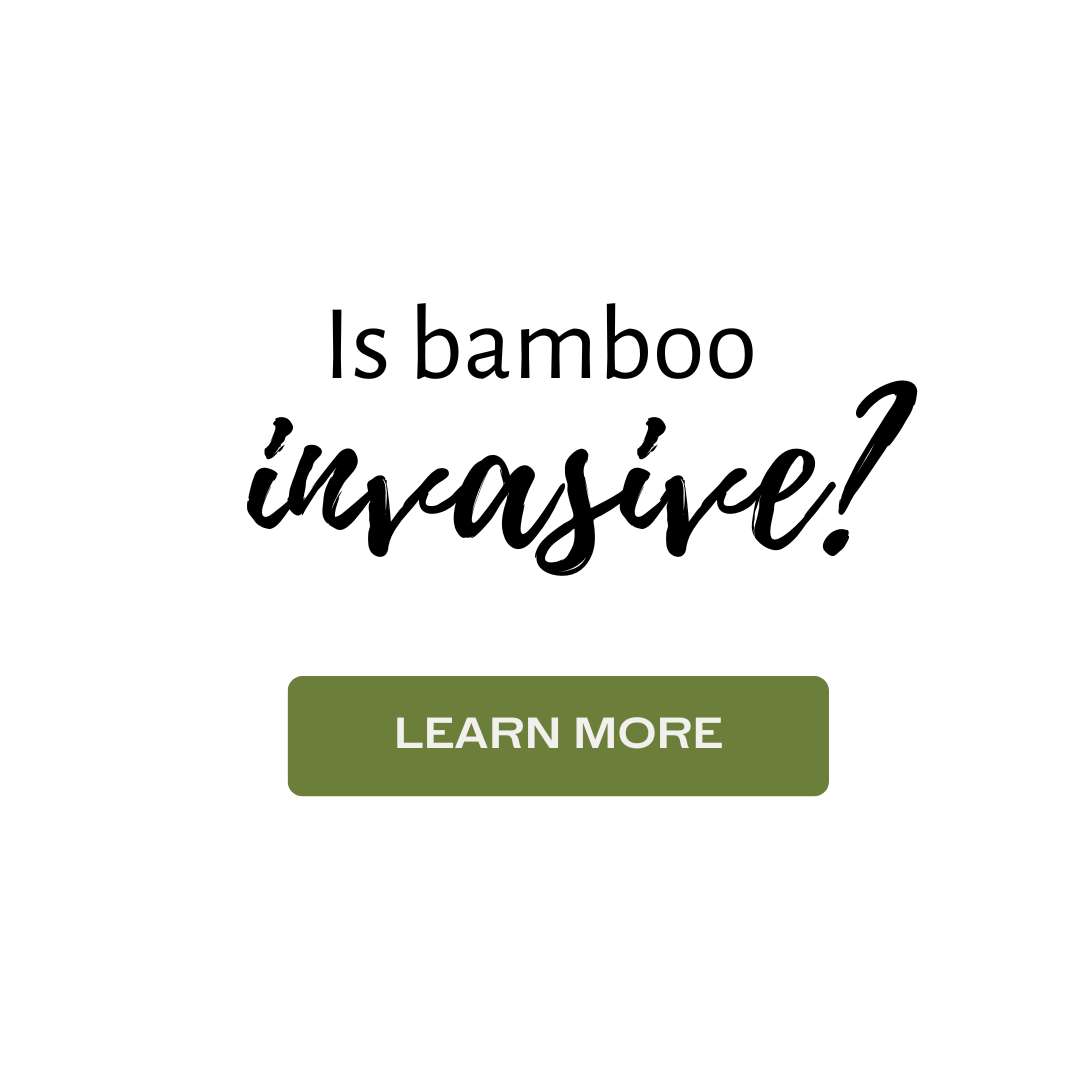




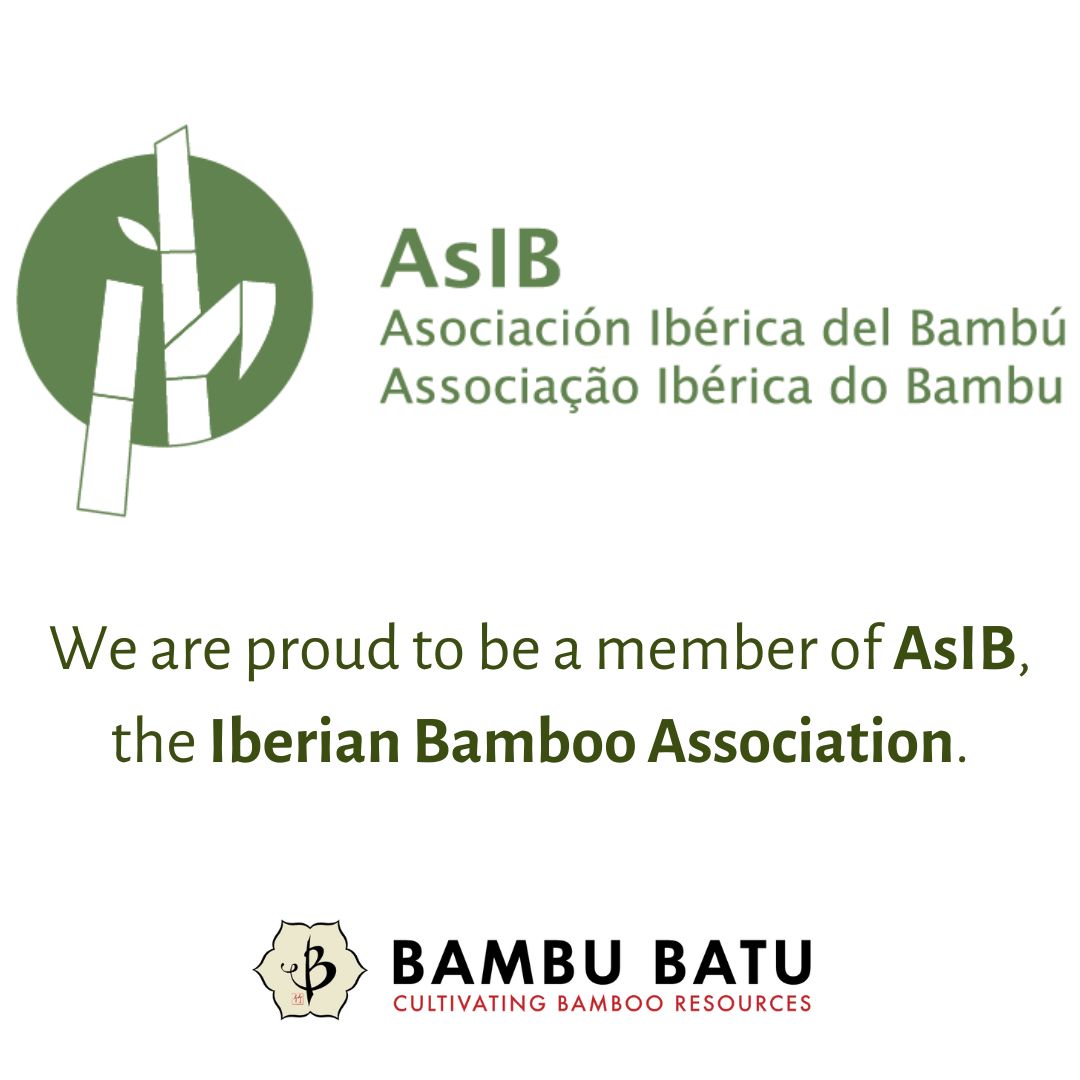
Thank you for sharing our engagement in Rwanda.